What are the advantages of customized freeze-drying solutions in terms of control systems?
Enhanced Flexibility in Process Control
Customized freeze-drying solutions with tailored control systems offer flexibility that standardized equipment cannot always provide. Control parameters such as temperature, pressure, and shelf heating profiles can be adjusted more precisely to meet the requirements of specific products. For example, pharmaceuticals with delicate structures may require slower sublimation rates compared to food products, which can tolerate faster drying cycles. With a customized system, operators have the ability to modify each step of the cycle to align with the material’s sensitivity, thus reducing risks of collapse or incomplete drying. This flexibility also extends to integrating multiple product types within a single facility, where recipes can be adjusted through the control interface, ensuring compatibility with a wide range of materials.
Integration of Advanced Monitoring Sensors
A key advantage of customized control systems in freeze-drying is the integration of advanced sensors. Unlike standard systems, customized solutions can incorporate sensors designed for monitoring critical variables such as product temperature, ice front progression, and chamber humidity in real-time. These sensors allow operators to make data-driven adjustments during the drying cycle. For instance, if sensors detect a deviation in product temperature, the heating rate can be automatically adjusted to prevent thermal stress. The ability to track these parameters more closely improves consistency and enhances product quality over multiple batches.
Improved Energy Management
Energy consumption is a significant factor in freeze-drying operations. Customized systems allow for optimized energy use by tailoring heating and cooling processes to the specific needs of the application. For instance, freeze-drying food products might demand shorter freezing cycles compared to biopharmaceuticals. With a customizable control system, the refrigeration unit, vacuum pump, and heating shelves can be synchronized to minimize unnecessary energy consumption. This results in long-term operational efficiency, which benefits facilities with continuous or large-scale production.
Automation and Recipe Programming
Customized control systems frequently include automation features that simplify complex processes. Operators can program multiple recipes for different materials, each with its own sequence of temperature and pressure changes. Once programmed, the system can run the entire cycle with minimal manual intervention. This reduces the potential for human error, ensures reproducibility, and saves time for research or production staff. Automated recipe control is especially valuable in pharmaceutical manufacturing, where consistent and repeatable conditions are required to comply with regulatory standards.
Data Logging and Compliance
One of the major benefits of tailored control systems is comprehensive data logging. Every variable, from chamber pressure to shelf temperature, can be recorded and stored digitally. This detailed record is essential for industries that must comply with regulatory guidelines such as FDA or EMA requirements. Data can be exported, reviewed, and archived for quality assurance audits. In addition, advanced reporting functions in customized systems allow facilities to track trends, identify anomalies, and improve their standard operating procedures over time.
Compatibility with SCADA and Remote Control
Customized control systems are often designed to integrate seamlessly with Supervisory Control and Data Acquisition (SCADA) platforms. This integration allows for centralized monitoring of multiple pieces of equipment across a facility. Remote access capabilities further extend this advantage, enabling technicians and managers to observe performance, modify parameters, or troubleshoot issues from different locations. Such integration supports operational flexibility and reduces downtime, especially in large-scale or research-driven environments where continuous monitoring is crucial.
User-Friendly Interface and Custom Dashboards
A customized freeze-drying solution can include interfaces designed specifically for the needs of its operators. Unlike generic systems that may overwhelm users with unnecessary data, customized dashboards display only the most relevant parameters for the product being processed. This approach simplifies decision-making and reduces training time for new staff. User-friendly interfaces may also include real-time graphs, trend analyses, and alarm notifications, which enable quick responses to potential issues during the drying cycle.
Comparison of Customized vs. Standard Control Systems
| Aspect |
Customized Control System |
Standard Control System |
| Flexibility |
Adjustable parameters for different materials and processes |
Fixed parameters with limited customization |
| Monitoring |
Advanced sensors for real-time tracking |
Basic monitoring functions |
| Energy Management |
Optimized usage based on product needs |
Generalized energy cycles |
| Automation |
Programmable recipes with minimal intervention |
Manual adjustments required |
| Compliance |
Detailed data logging for audits |
Limited reporting functions |
| Integration |
Compatible with SCADA and remote systems |
Standalone operation with limited connectivity |
Support for Research and Development Applications
In research environments, every experiment may require different freeze-drying conditions. Customized control systems are especially advantageous in this context, as they enable precise control of variables for each trial. Scientists can record outcomes, adjust cycles, and replicate conditions as needed. This flexibility accelerates the research process and supports the development of new formulations or prototypes that might not be feasible with rigid, standard systems.
Long-Term Scalability
Customized freeze-drying solutions provide scalability advantages. As production demands grow, additional modules or functionalities can be integrated into the existing control system without requiring a complete overhaul. For example, new sensors, energy-saving algorithms, or expanded data logging functions can be added as needed. This adaptability helps facilities extend the life of their equipment and adjust to changing industry requirements or production scales.
Enhanced Safety Features
Safety considerations are crucial in freeze-drying operations, particularly when dealing with biological or pharmaceutical products. Customized control systems allow for the inclusion of tailored safety features, such as automatic pressure release mechanisms, emergency shutdown procedures, or alarms specific to the application. These measures help reduce risks to operators and ensure that sensitive materials are protected during unexpected events.
Integration with Predictive Maintenance
Another important advantage is the integration of predictive maintenance functions. By analyzing historical performance data collected through the control system, facilities can anticipate when components such as vacuum pumps or refrigeration units may require maintenance. Predictive alerts reduce unplanned downtime and extend equipment life, contributing to higher overall operational efficiency. Customized systems allow these features to be aligned with the specific operational patterns of the facility.
Key Advantages of Customized Control Systems in Freeze-Drying
| Benefit |
Practical Outcome |
| Precise process control |
Better quality and reproducibility of end products |
| Advanced monitoring |
Real-time feedback to prevent cycle errors |
| Energy optimization |
Reduced operational costs over time |
| Automated recipes |
Consistency across batches with less operator input |
| Regulatory compliance |
Comprehensive data logs for audits and approvals |
| Remote and SCADA integration |
Centralized and flexible equipment management |
| Predictive maintenance |
Lower downtime and improved component longevity |
Adaptability to Industry-Specific Requirements
Industries such as pharmaceuticals, biotechnology, and food processing often require different operational standards. A customized control system allows equipment to be adapted to these specific needs, whether it involves sterile operation, temperature uniformity, or rapid drying capabilities. The ability to align the system with industry-specific guidelines not only ensures better performance but also supports certification processes where strict standards must be met.
Operator Training and Knowledge Transfer
Customized systems can be developed with training functions built into the interface. For example, step-by-step guidance during cycle setup or real-time alerts explaining deviations can be included to assist operators in understanding system behavior. This improves knowledge transfer and reduces the learning curve for new staff. Such functions also promote safer and more consistent use of the equipment over its lifespan.
Conclusion on Customization in Control Systems
Customized freeze-drying solutions in terms of control systems offer a wide range of benefits that extend beyond basic process management. From precise control and energy efficiency to compliance, scalability, and predictive maintenance, these systems provide both short-term and long-term advantages. Their adaptability to specific industries, combined with integration capabilities and enhanced safety, ensures that facilities can meet evolving demands while maintaining consistent product quality. The flexibility of a customized control system becomes a strategic advantage in environments where accuracy, reliability, and efficiency are essential.

 English
English  русский
русский  中文简体
中文简体 


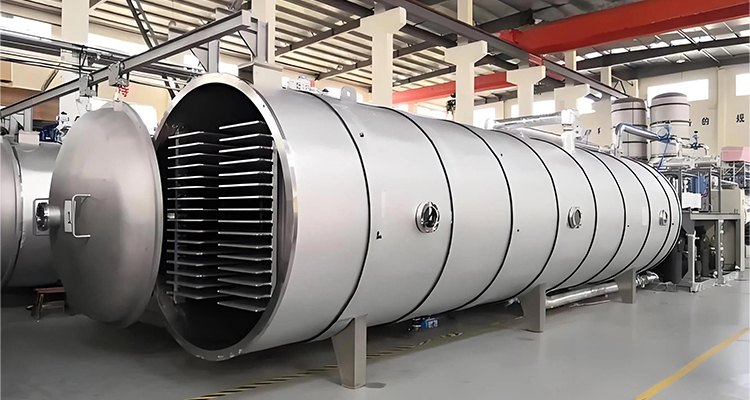
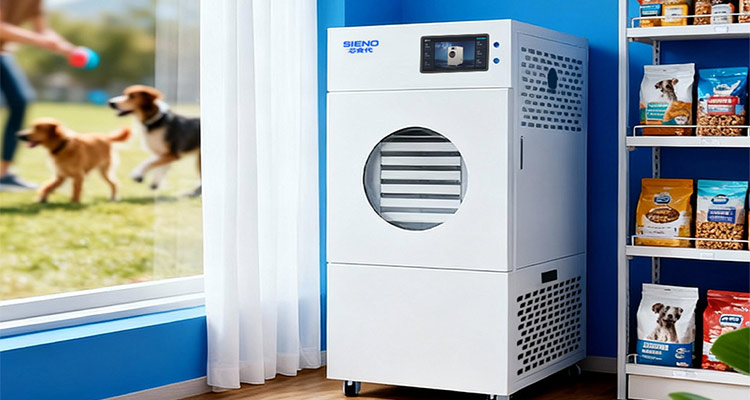
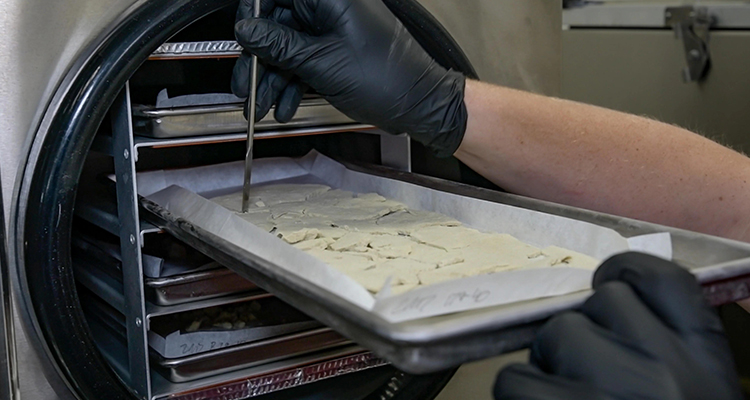

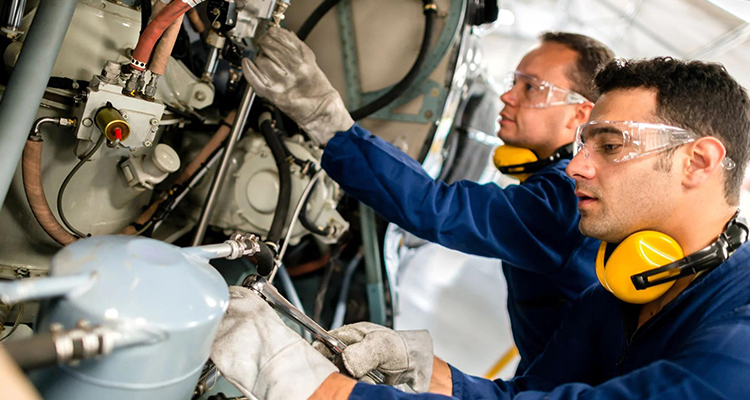
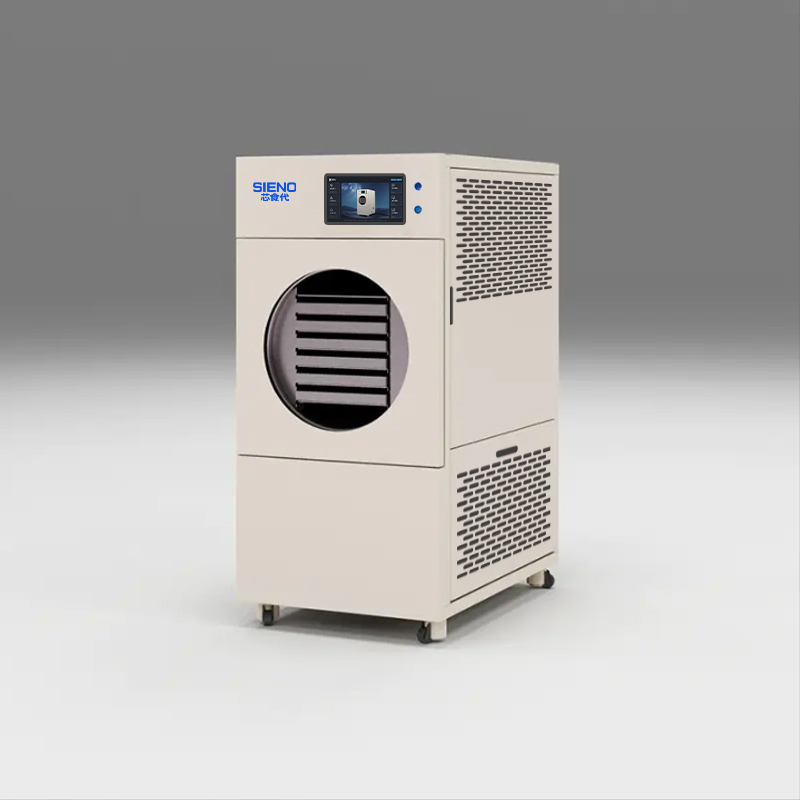
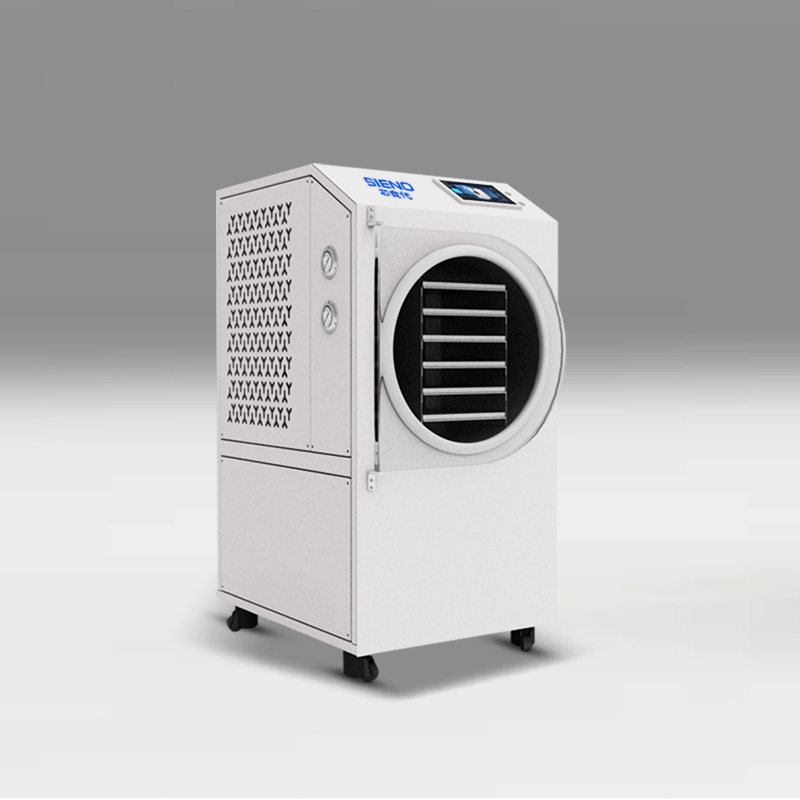
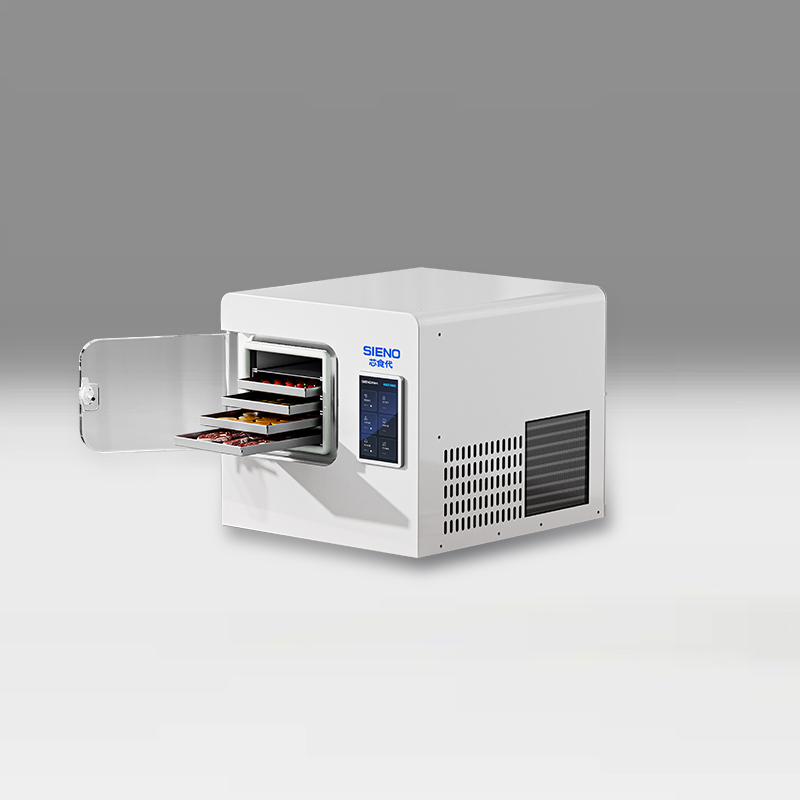

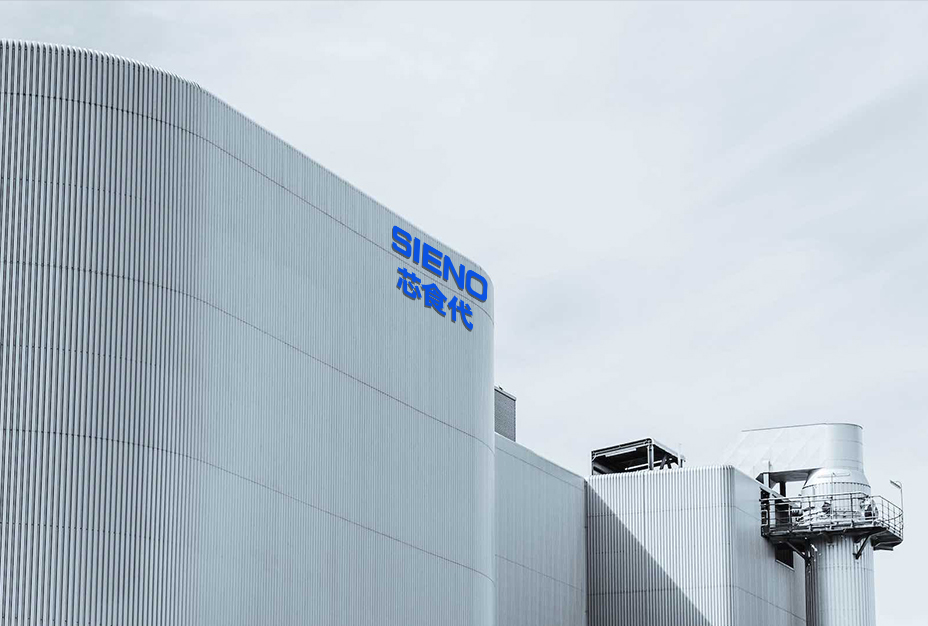
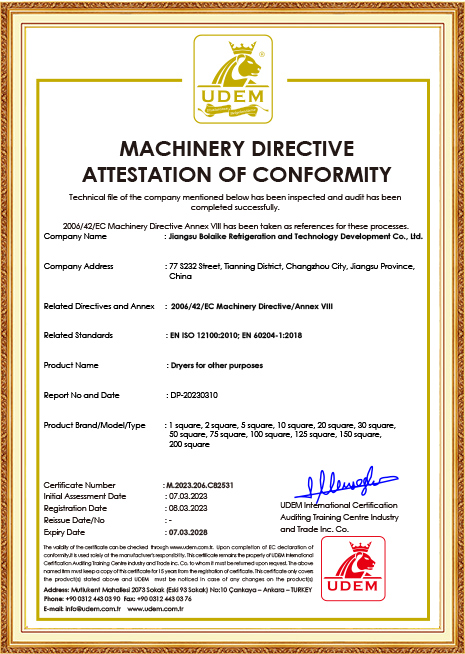
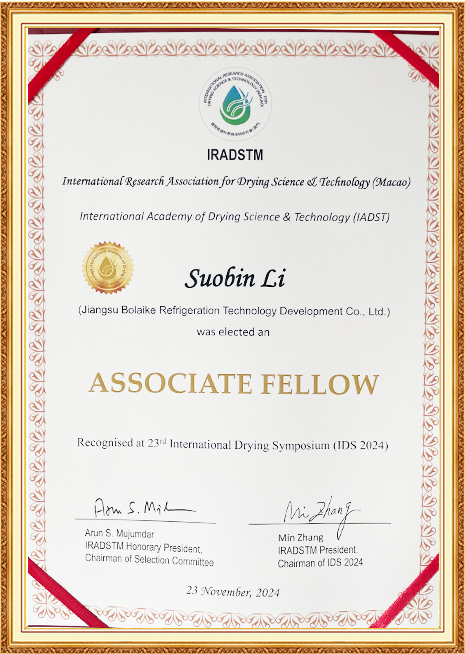
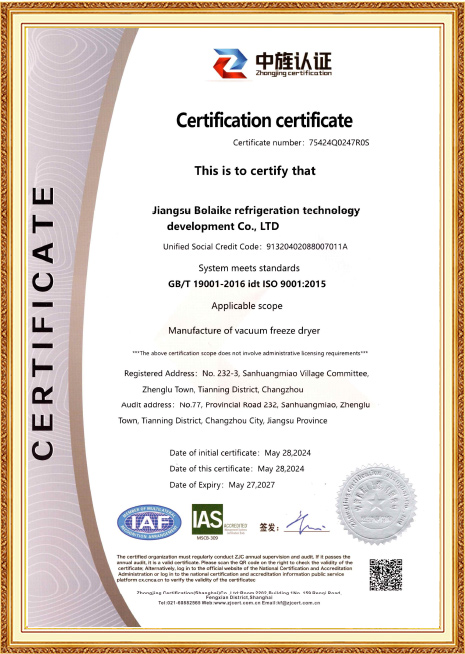
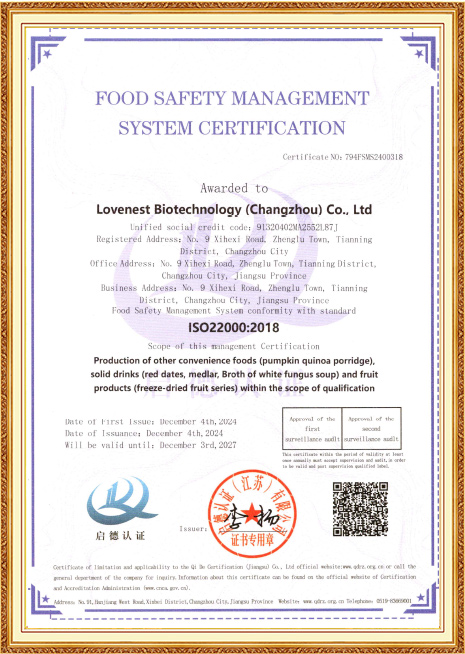

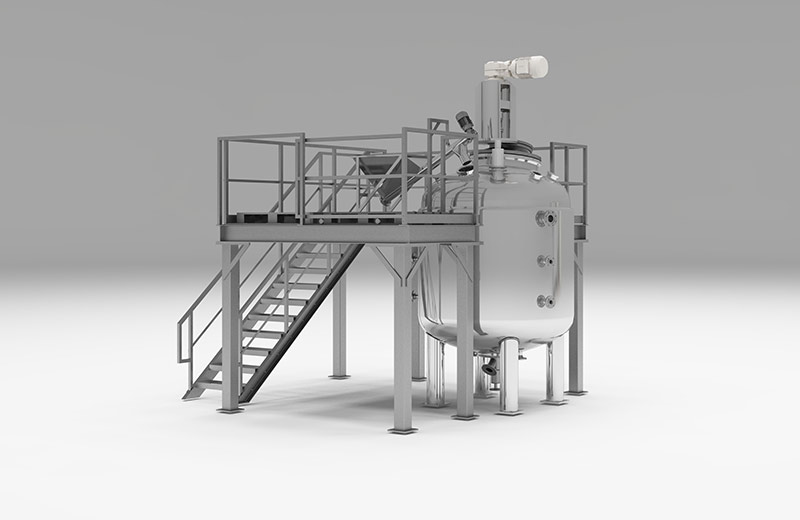



 +86-180 6875 7376
+86-180 6875 7376  +86- (0) 519-8578 6988
+86- (0) 519-8578 6988  emmy@jsblk.com
emmy@jsblk.com  Zhenglu Town, Tianning District, Changzhou City, Jiangsu Province, China
Zhenglu Town, Tianning District, Changzhou City, Jiangsu Province, China